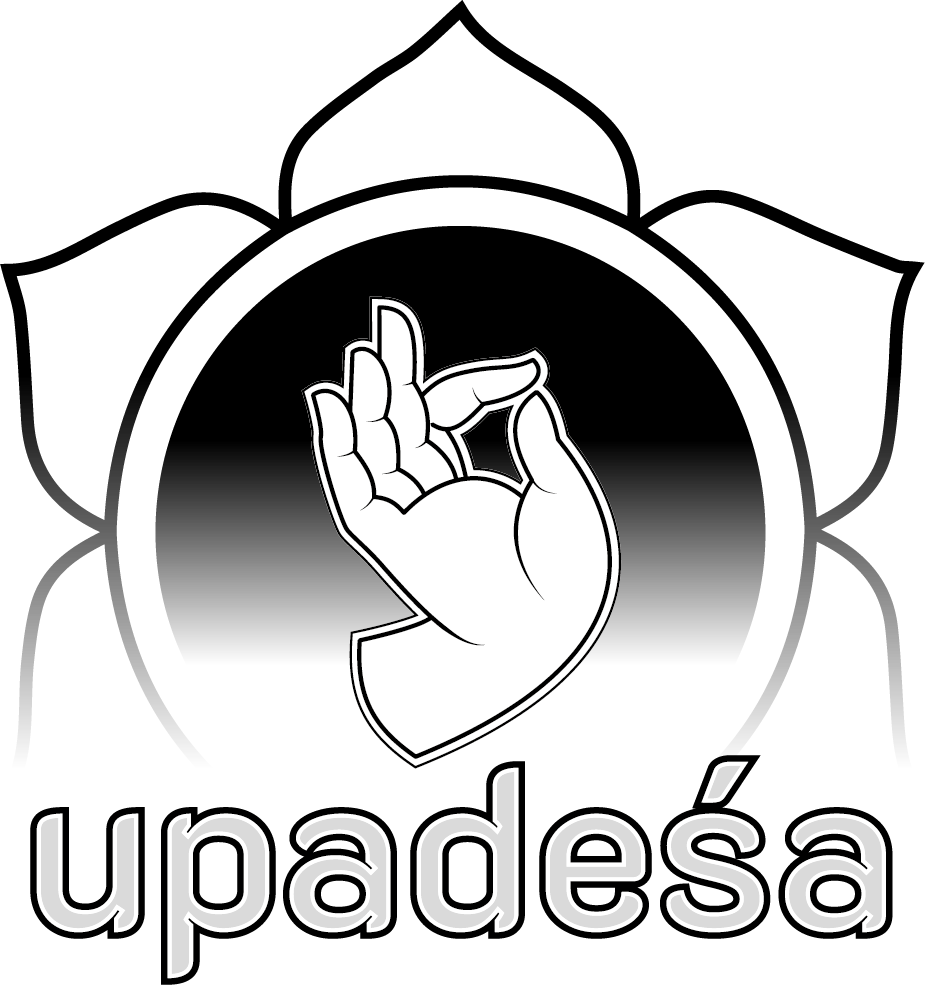In some ways enlightenment is good word for the end of the path. It implies seeing and realising things in new and different ways. Although we know that our rational understanding is only a small part of the transformation needed for full enlightenment, our views and how we hold them are nevertheless an important part of the process.
If we accept that we are not yet fully enlightened, this implies that we are currently seeing things in wrong ways, that we have biases etc. Accepting this is useful and necessary. It means taking a slightly more humble approach, especially if our thinking faculty tends to predominate on our experience. In ordinary society generally, the thinking faculty ‘boxes above its weight’, assumes more significance than perhaps it should, and this inevitably influences us.
On the path of insight, it’s useful to have the perspective that our current views are provisional. “This is what I believe at the moment, but it may well change over time as I practice.” It is perhaps worth adding that even the way we see things will change, not just what we see / believe. The transformation from a self-based way of being to a universal perspective is thorough-going.
This leaves us with the question of: what should we believe? The Buddha gives a pretty good answer in the Kalama Sutta. The overall message seems to be to encourage us to weigh up teachings and views with a range of our faculties and approaches. So it will be not just because other people say so, or because you’ve always thought that way. It’s more about reflection: does it make sense in a number of ways? Does it feel right intuitively? Does it work in your own experience? And is it recommended by people or a person who you genuinely respect?
Our views are the way we steer the ship of our spiritual practice. So it’s important that we get them as right as we can on an ongoing basis. This is why discussion forums, and contact with others who are also practising are valuable. Having these in an ongoing, supportive way is the ideal basis.


Comments